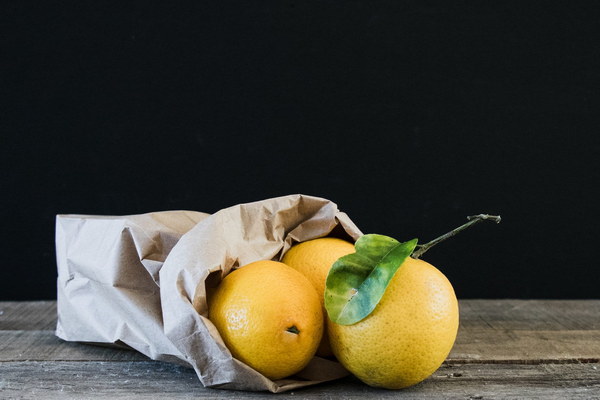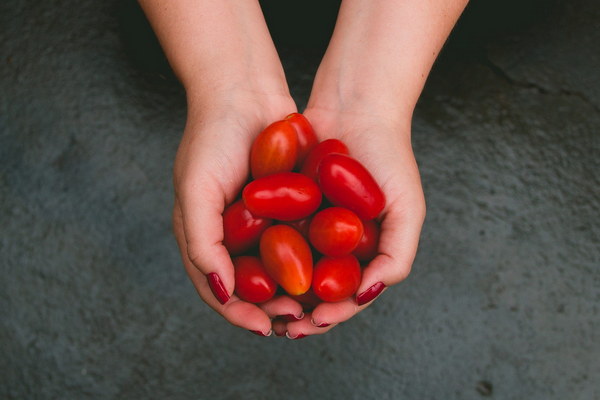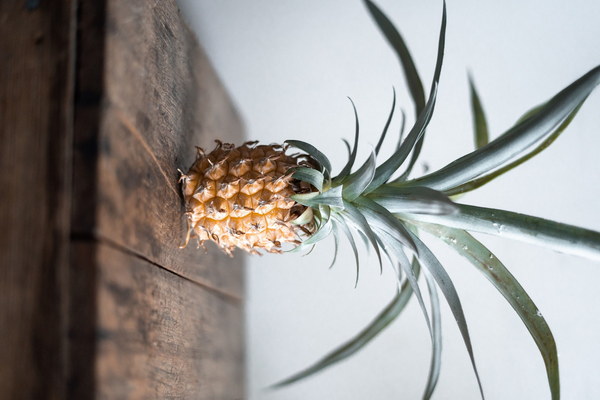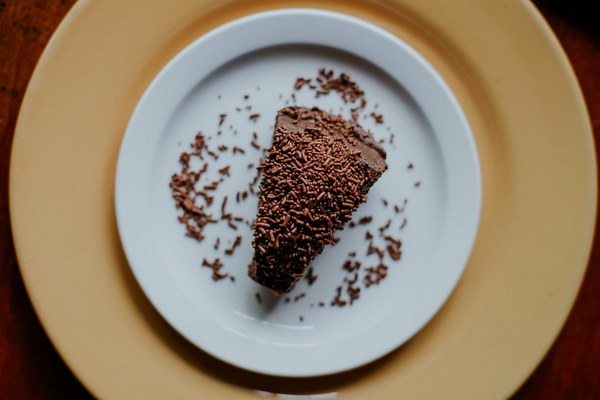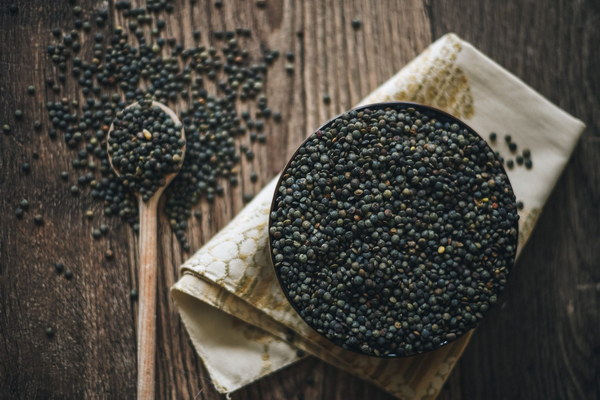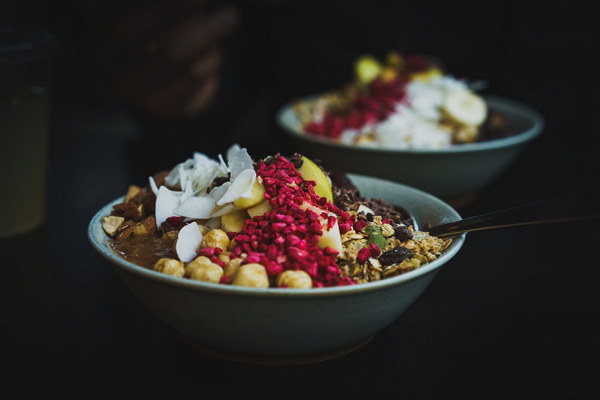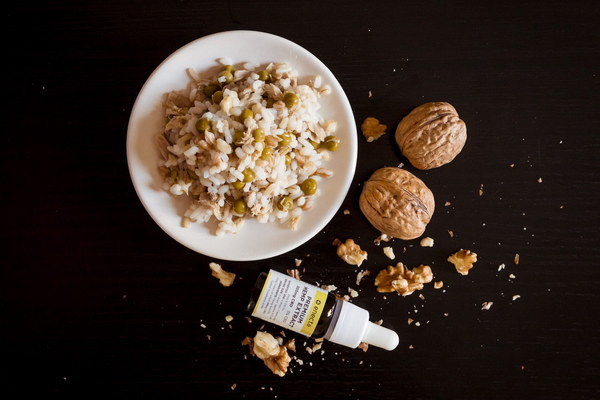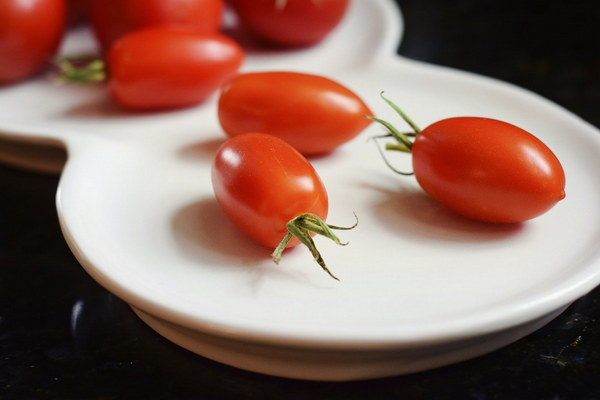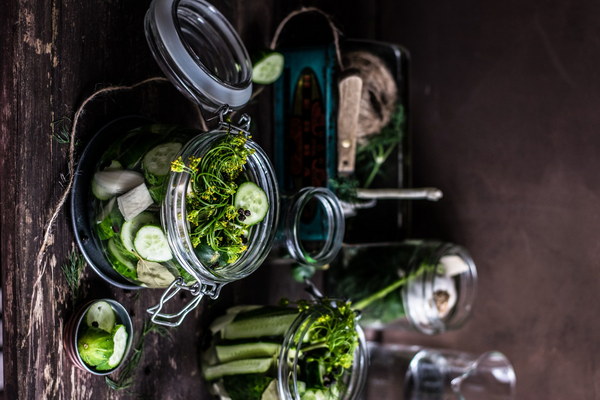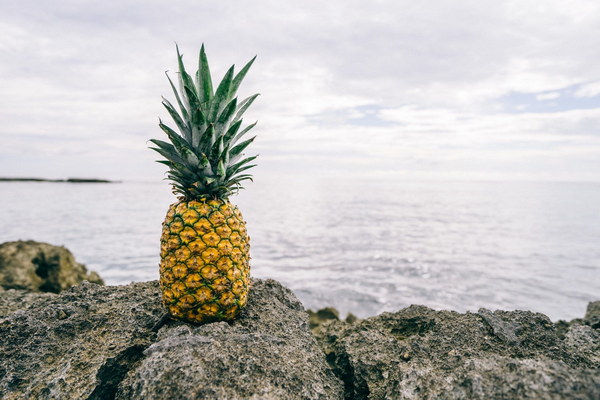Harvest Moon Fortification Embracing the Time-Honored Tradition of Tonicing After the Cold Dew
Harvest Moon Fortification: Embracing the Time-Honored Tradition of Tonicing After the Cold Dew
As the calendar flips to the season of autumn's final chapter, the Cold Dew, or Shuangxia, ushers in a time of transition from the warmth of summer to the chill of winter. This period, marked by the celestial event of the Harvest Moon, holds a special significance in traditional Chinese culture. It's a time when the ancients believed that the body, too, should undergo a transformation, and the practice of fortifying oneself with nourishing foods and herbs has been passed down through generations. The adage After the Cold Dew, eat food that tonifies encapsulates this essential tradition.
The Cold Dew, falling on or around October 8th according to the Gregorian calendar, signifies the start of the harvest season and the natural cooling of the Earth's energies. It's a time when nature itself prepares for the dormancy of winter, and so too should the human body. The ancient wisdom of Chinese medicine suggests that consuming specific foods and herbs can help to bolster the body's defenses against the cold and to promote overall well-being.
The phrase After the Cold Dew, eat food that tonifies is more than just a culinary directive; it's a philosophy deeply rooted in the understanding of yin and yang, the two fundamental forces that govern the natural world and the human body. During the Cold Dew, the yang energy in the environment wanes, and the body's yin energy begins to dominate. To maintain balance, it's essential to consume foods that can warm the body, strengthen the immune system, and fortify the kidneys, which are considered the root of vitality and longevity in Chinese medicine.
Here are some traditional foods and herbs that are often recommended during the Cold Dew:
1. Ganoderma (Reishi Mushroom): Known for its potential to boost the immune system and improve overall health, ganoderma is a prized herb in traditional Chinese medicine. It's believed to help regulate the body's internal balance and is often consumed in teas or as a supplement.
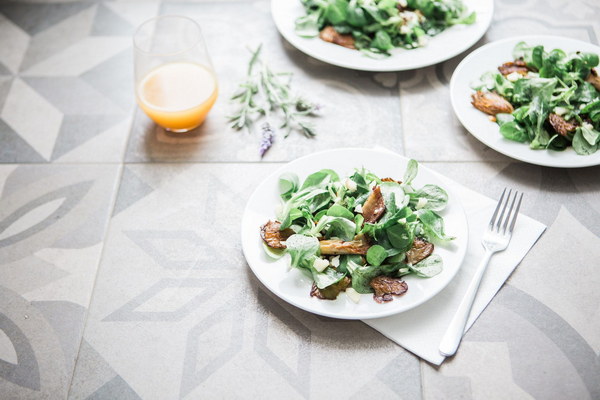
2. Goji Berries: These vibrant red berries are packed with antioxidants and are said to enhance vitality, improve vision, and boost the immune system. They can be eaten fresh, dried, or added to teas and soups.
3. Fenugreek Seeds: Often used in Indian cuisine, fenugreek seeds are believed to have a warming effect and are thought to aid in digestion and strengthen the kidneys.
4. Cod Liver Oil: Rich in vitamins A and D, cod liver oil is believed to support bone health, immune function, and overall vitality, making it a popular supplement during the Cold Dew.
5. Bamboo Shoots: These crunchy vegetables are a great source of fiber and are said to help ward off colds and flu. They can be added to soups, stir-fries, or steamed as a side dish.
6. Rice Wine: A staple in many Chinese kitchens, rice wine is often used in cooking and is believed to have warming properties. It can be consumed as a beverage or used in marinades and sauces.
Incorporating these foods into one's diet during the Cold Dew is not only a way to embrace the seasonal changes but also to honor the wisdom of ancient practices. However, it's important to remember that the key to tonifying is balance. While certain foods and herbs may be beneficial, they should be consumed in moderation, and individual dietary needs should always be considered.
As the leaves turn and the air grows crisp, the practice of tonifying after the Cold Dew invites us to slow down, reflect, and nurture ourselves. It's a reminder that health and well-being are not just about what we eat, but how we live in harmony with the rhythms of nature. So, as the Harvest Moon rises and the world prepares for winter's embrace, let us too fortify ourselves, not just for the season ahead, but for the enduring strength and vitality that comes from embracing the wisdom of the ages.
